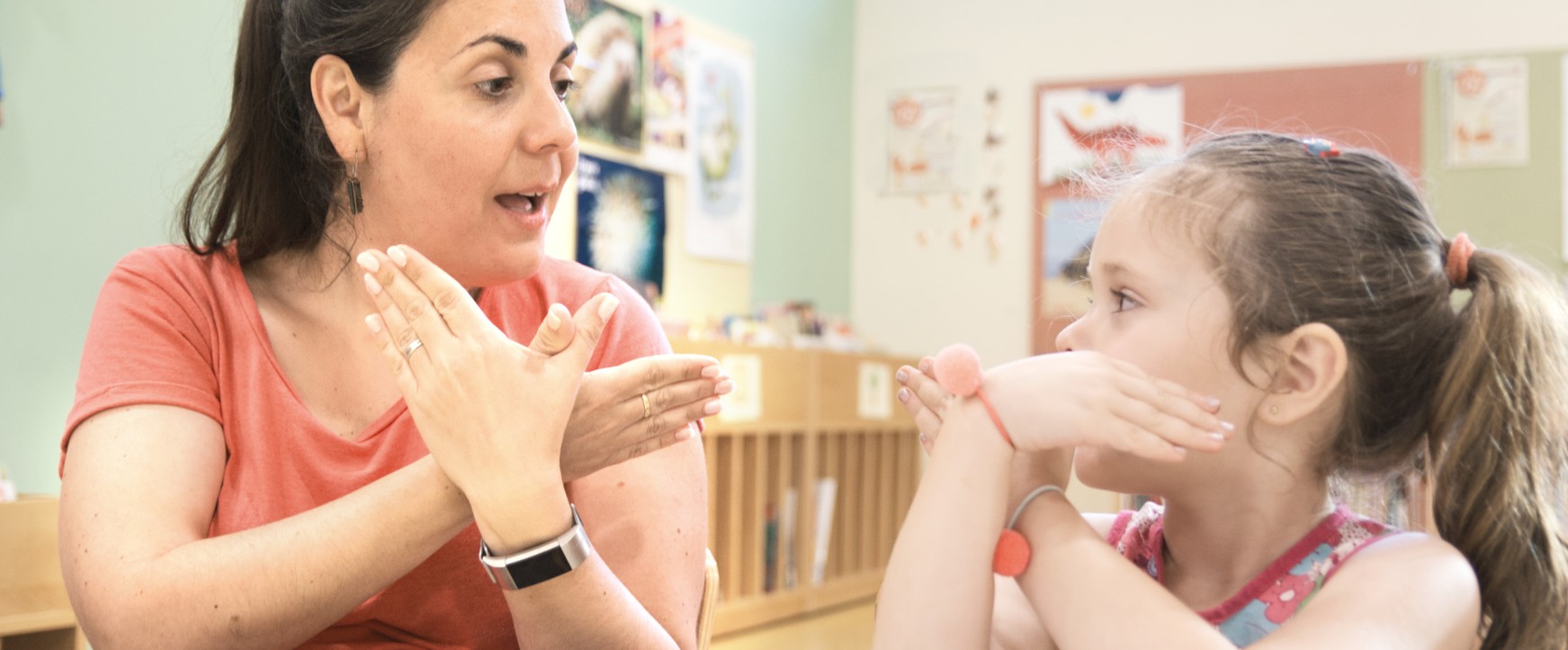Children's Services
Different in our delivery
We partner with children’s services to find better ways to deliver good outcomes for children.
Our experience of successful transformation and our understanding of children’s services, including safeguarding and support for children with SEND, enables us to work across the entirety of local systems.
In doing so we support local authorities to find better ways of delivering good outcomes for children and families, improve staff engagement, and deliver meaningful financial benefits.
We have also worked on national campaign partnerships, with organisations such the County Councils Network and the Local Government Association, bringing our experience, insight, and approach to support the sector.
- Outcomes focussed: We believe that focusing on doing the right thing at the right time for children and families delivers sustainable financial benefits, while creating an engaging working environment for frontline staff.
- Bespoke: We don’t set out with a preconceived output or a view of current performance or challenges. We work in a tailored way particular to the environment, culture, ways of working, structure, and performance within the service and authority.
- Evidence based and implementation focussed: We bring a bottom-up, evidence based, and data-driven approach, combining advanced analytical techniques with frontline studies, detailed process understanding, and case reviews. This approach enables us to produce a robust, prioritised evidence base for change which has the buy in from the whole service. We connect this insight with the service’s strategic ambitions to support staff to reimagine and redesign systems, processes, and ways of working which will have the greatest impact.
- Co-produced and partnership based: While we understand the challenges of children’s services, including regulation, inspection, and improvement, we are not practitioners. We work in partnership - combining the service’s strategic ambition and practice expertise with our expertise in complex operational, digital, and people-based transformation - to deliver real change across provision, practice, and pathways. Our approach of co-design enables the right environment and support structure to create and sustain new ways of working, so practitioners feel more confident, empowered, and can achieve the best outcomes for children and families.

We worked as a strategic partner to a London Borough, covering the entirety of their children’s services budget, including SEND. The focus of the programme was on outcomes for children and young people, avoiding escalations where possible, and reducing the timeframes to achieve good outcomes. Based on a detailed assessment, we focussed on four key areas:
- Internal fostering: To increase the capacity of the LA’s internal fostering service and maximise its capability to support children in care.
- Moving to Adulthood: To achieve brilliant life outcomes for young people with SEND as they move to adulthood.
- Safe outcomes: To achieve the outcomes of statutory safeguarding plans in the most timely way by reducing drift, supporting children to thrive at home, and achieve safe permanence for children in care as soon as possible.
- Prevention: Through working with the LA’s schools, exploring a new offer across children’s services to deliver brilliant outcomes for adolescents.
We focussed on creating sustainable change by engaging staff and families at every stage of the programme and developing lasting internal change capability.
Results include:
- An increase in the rate of foster care recruitment of 200%.
- A new service will support over 200 young people with SEND per year to move seamlessly into adult life.
- A 22% increase in the number of children who already have a plan to exit care, with the outcomes for children on child protection plans being delivered four months quicker.
- By focussing on outcomes, the programme delivered nearly £7m in annualised financial benefit.
Prior to engaging Newton, the children’s directorate was on a journey of improvement from an overall Ofsted rating of “requires improvement”. Their challenge was to accelerate this journey whilst reversing an unsustainable trajectory of spend.
During the diagnostic, we developed a deep understanding of the service – 129 staff participated in workshops to review 181 cases; 77% of these staff said it made them think differently; we studied over 10m rows of data; and 62 staff participated in further surveys.
The design was tested through pilots, giving further opportunity for input, and ensuring future ways of working were fit for purpose. We iterated and finalised the design, before preparing teams for full roll out – ensuring they had the skills, information, and support to implement new ways of working council-wide.
Results include:
- The number of children going into residential care decreased from 40 per year to 17, through more timely and effective interventions.
- By focusing on how the Locality and Kinship teams could better work together to achieve the best outcome, the Council is on track to achieve a 90% increase in the number of children achieving permanence outside of care via a special guardianship order (SGO).
- In Disabled Children’s services, we improved links between the Children and Adults’ social care teams, to ensure a more effective transition. This enabled the transitions team to engage with the young person earlier; the initial age of engagement fell from 17 ¾ to 16 ½ with some being considered as early as 14.
- In Assisted School Transport, we reviewed fleet and business cases, developed a ‘should-cost’ model and created dashboards to provide cost oversight and throughput visibility.
The principle that underpinned the programme was getting the right support at the right time for children and families no matter where they lived in the County, an approach that also delivered significant financial benefit. The programme overall delivered £16.8m of annualised financial benefit.